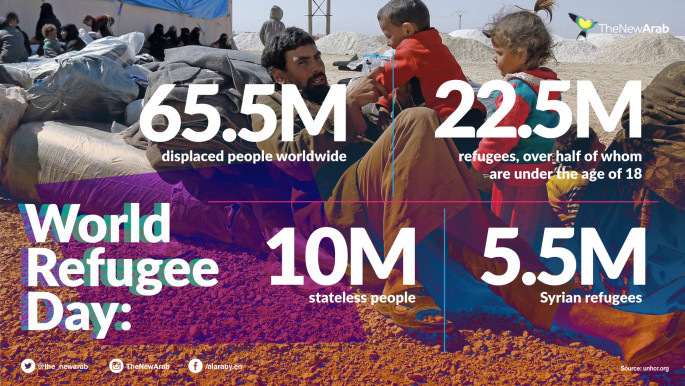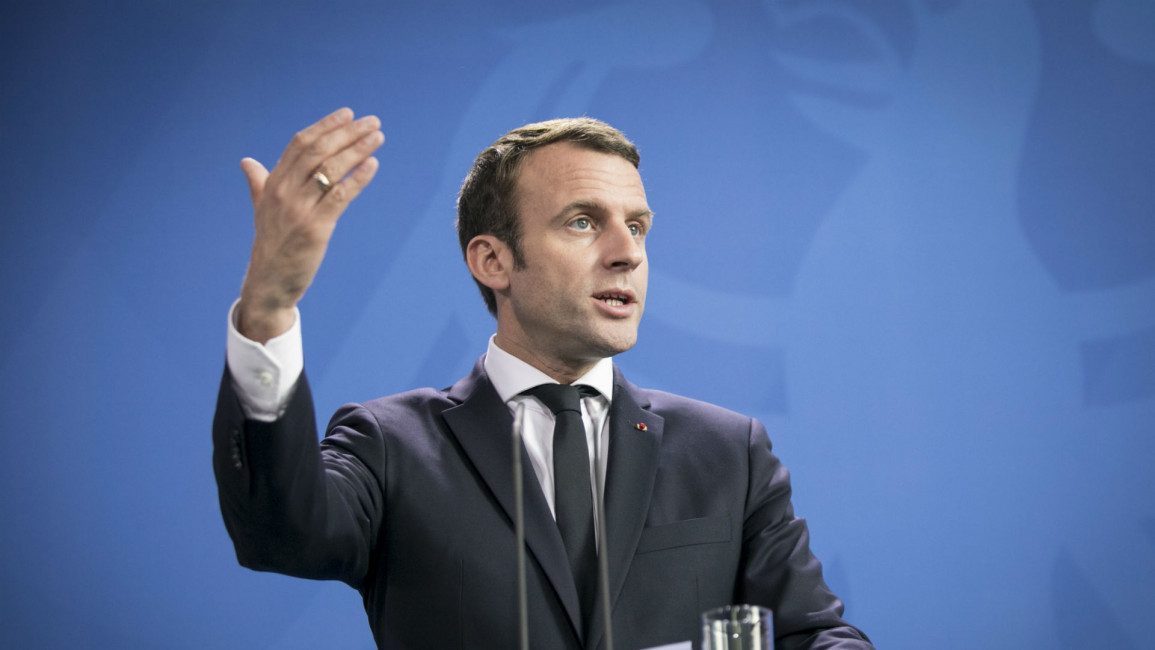Macron says Assad removal no longer priority for France
The new French leader said that fighting the Islamic State group had to be the international community's number one goal, leading to dismay from the Syrian opposition.
"The real change I've made on this question, is that I haven't said the deposing of Bashar al-Assad is a prerequisite for everything," Macron said in an interview with several European newspapers, including Britain's Guardian, Spain's El Pais and Germany's Sueddeutsche Zeitung.
"Because no one has introduced me to his legitimate successor," said the French president, who took office last month.
'Shame on France'
France was among the most vocal Western nations pushing for Assad to go at the start of the conflict, with Syrian opposition groups reacting to the policy change with shock and outrage.
"Shame on France, whose leader Emmanuel Macron does not see Bashar as its enemy or an enemy to humanity," tweeted Ahmed Ramadan, a member of the Syrian National Coalition, the main umbrella organisation of opposition groups.
"A tragic fall for morality and humanity," Ramadan added.
Another opposition figure, Khaled Khoja, wrote on Twitter: "Macron's statements are surprising, considering that France was among four countries in the core Friends of Syria group -- in addition to Britain, Turkey, and Qatar -- that had supported the departure of 'Chemical' Bashar."
Macron said he now saw two key priorities in Syria.
 |
|
He repeated his warning however that the use of chemical weapons and any violation of humanitarian corridors implemented to deliver aid were "red lines" and that France would act alone in response if necessary.
Macron said the international community had made a "collective error" in thinking the conflict could be solved "only with military force", adding: "My deep conviction is that we need a political and diplomatic roadmap."
"My line is clear: one, a total fight against terrorist groups. They are our enemies... We need the cooperation of everyone to eradicate them, particularly Russia. Two: stability in Syria, because I don't want a failed state."
The Syrian conflict began when the Baath regime, in power since 1963 and led by President Bashar al-Assad, responded with military force to peaceful protests demanding democratic reforms during the Arab Spring wave of uprisings, triggering an armed rebellion fuelled by mass defections from the Syrian army.
According to independent monitors, hundreds of thousands of civilians have been killed in the war, mostly by the regime and its powerful allies, and millions have been displaced both inside and outside of Syria.
The brutal tactics pursued mainly by the regime, which have included the use of chemical weapons, sieges, mass executions and torture against civilians have led to war crimes investigations.


![President Pezeshkian has denounced Israel's attacks on Lebanon [Getty]](/sites/default/files/styles/image_684x385/public/2173482924.jpeg?h=a5f2f23a&itok=q3evVtko)



 Follow the Middle East's top stories in English at The New Arab on Google News
Follow the Middle East's top stories in English at The New Arab on Google News


